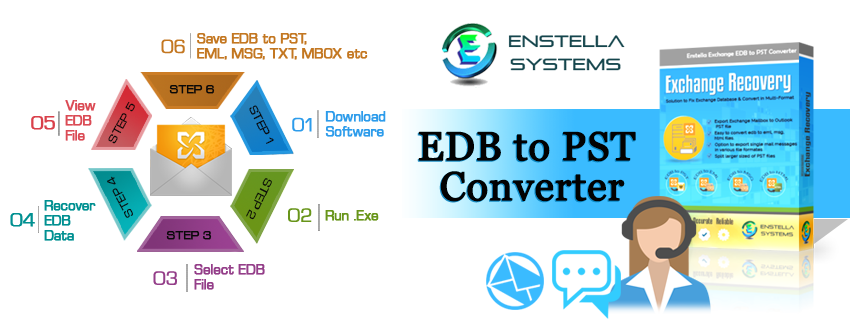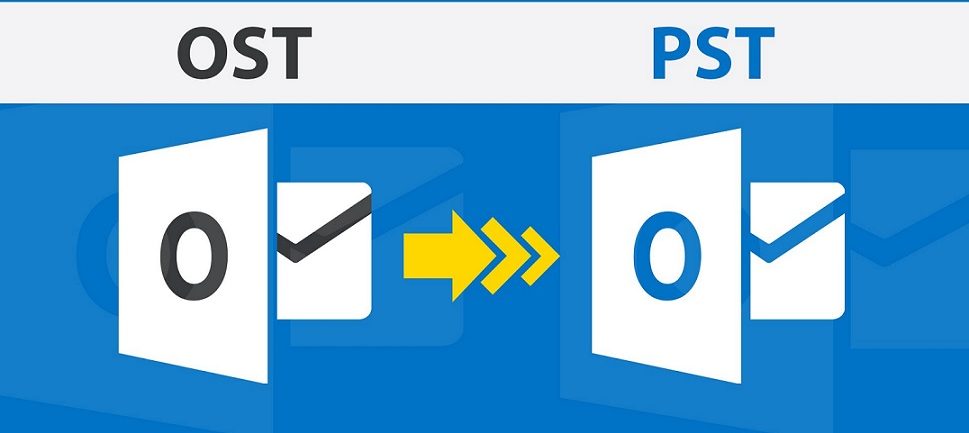Building a strong team is a crucial component of any successful business. A well-functioning team can drive innovation, increase productivity, and deliver results more excellent than the sum of its parts. Conversely, a weak team can lead to missed opportunities, misaligned goals, and lacking motivation.
Team building has become more important in today’s fast-paced and dynamic business environment. As businesses face increasing competition, globalization, and disruptive technologies, they must build teams that adapt quickly and work collaboratively to solve complex problems.
Effective team building requires a deep understanding of the characteristics that make a team strong. These characteristics can vary depending on the nature of the business, the industry, and the team’s objectives. However, there are some fundamental qualities that all strong teams share.
Characteristics of a Strong Team
Businesses can drain you and make you stressed. So, it is crucial to indulge in hobbies such as watching films or playing games such as dragon tiger game online.
A strong team is characterized by several essential qualities that enable it to function effectively and achieve its goals. These qualities include:
Clear Goals and Objectives
A strong team knows what it is working towards and clearly understands its objectives. This clarity helps align team members’ efforts and ensures everyone is working towards a common goal.
Complementary Skills and Expertise
A strong team comprises members with complementary skills and expertise. This diversity enables the team to tackle different tasks and challenges effectively, leveraging each team member’s strengths to deliver optimal results.
Trust and Respect
A strong team is built on a foundation of trust and respect. Team members trust each other to deliver on their commitments and respect each other’s opinions and ideas. This trust and respect enable team members to work collaboratively and foster a positive team culture.
Effective Communication
A strong team communicates effectively, both internally and externally. Communication is essential to ensure everyone is on the same page and that any issues or challenges are promptly addressed.
Accountability
A strong team takes responsibility for its actions and is accountable for its performance. This accountability helps to ensure that the team remains focused on its goals and objectives and takes corrective action when necessary.
Strategies for Effective Team Building
Building a strong team requires a strategic approach along with the Disk Times Seo Tools tailored to the business’s specific needs and objectives. Some effective strategies for team building include:
Define Clear Roles and Responsibilities
Defining clear roles and responsibilities is one of the first steps in building a strong team. Building a strong team is crucial for public sector project management as it ensures that all team members are working towards the same goals and objectives. This clarity helps to avoid confusion and ensure that everyone understands their role in achieving the team’s goals.
Foster a Culture of Collaboration
A culture of collaboration is essential to building a strong team. This culture enables team members to work together effectively, leverage each other’s strengths, and achieve optimal results.
Encourage Innovation and Creativity
Innovation and creativity are critical to building a strong team that can adapt to changing circumstances. Encouraging team members to think creatively and innovatively can help to drive new ideas and solutions to give the team a competitive advantage.
Provide Opportunities for Professional Development
Providing professional development opportunities can help keep team members engaged and motivated. Upholding workplace communication ethics fosters trust, transparency, and respect, laying the foundation for a cohesive and high-performing team. This development can include training, mentoring, and coaching, which can help team members develop new skills and expertise that can benefit the team.
Tips for Creating a Positive Team Culture
Creating a positive team culture is essential to building a solid, motivated, engaged, and productive team. A positive team culture is characterized by several key qualities, including:
Open Communication
Open communication is essential to creating a positive team culture. This communication enables team members to share ideas, provide feedback, and promptly address any issues or concerns.
Recognition and Appreciation
Recognizing and appreciating team members’ contributions is essential to creating a positive team culture. This recognition can take many forms, including bonuses, promotions, and public praise.
Work-Life Balance
Maintaining a healthy work-life balance is essential to creating a positive team culture. This balance enables team members to recharge, avoid burnout, and maintain a positive outlook.
Fun and Social Events
Organizing fun and social events can foster a positive team culture. These events can include team-building activities, group outings, and team milestones and achievement celebrations.
Overcoming Common Team-Building Challenges
Building a strong team has its challenges. Some of the most common challenges include:
Lack of Trust
A lack of trust can undermine team cohesion and make it difficult for team members to collaborate effectively. Addressing this challenge requires building relationships, setting clear expectations, and providing opportunities for team members to work together and get to know each other better.
Conflicting Priorities
Conflicting priorities can arise when team members have different goals or objectives. Addressing this challenge requires aligning priorities and ensuring everyone understands the team’s goals and objectives.
Poor Communication
Poor communication can lead to misunderstandings, missed deadlines, and a lack of trust. Addressing this challenge requires improving communication channels, setting clear expectations, and providing feedback and support when necessary. Effective employee email communications foster transparency, collaboration, and a sense of shared purpose, laying the foundation for a strong and cohesive team.
Role of Communication in Team Building
Effective communication is essential to team building. Communication enables team members to share ideas, provide feedback, and collaborate effectively. Some key communication strategies for team building include:
Active Listening
Active listening is essential to effective communication. This strategy involves listening to others’ ideas and opinions and responding thoughtfully and respectfully.
Open and Honest Communication
Open and honest communication is essential to building trust and fostering a positive team culture. This communication involves sharing ideas and opinions openly and respectfully and providing feedback when necessary.
Conclusion
Building a strong team is essential to achieving business success. However, effective team building requires a strategic approach tailored to the business’s specific needs and objectives.
By understanding the characteristics of a strong team, implementing effective team-building strategies, and fostering a positive team culture, businesses can build teams that are productive, efficient, happy, and fulfilled teams. With the right approach, companies can unlock the secret to building a solid team that drives business success.









